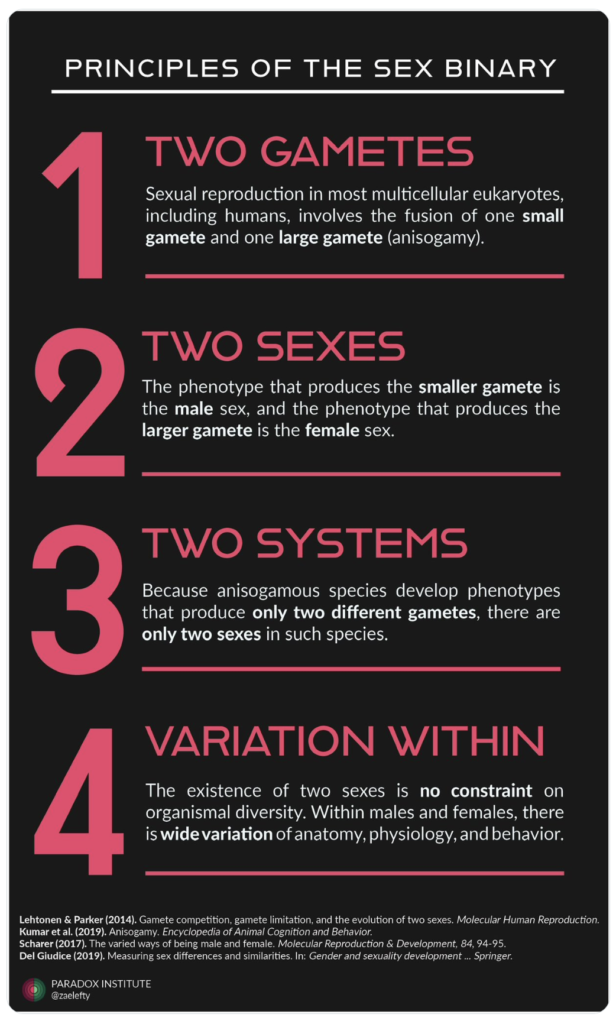Ideology is Hollowing-Out Academic Biology
At Skeptical Inquirer, Jerry A. Coyne and Luana S. Maroja have written about the damage ideology is doing to the field of biology. Like many well-written articles today by people with their eyes open, this is not fun to read. It is never easy to read about the ideological capture of universities or the corruption of entire fields of study or the fact that numerous intelligent good-hearted people are increasingly afraid to speak up. I had the same reaction when viewing this 2022 video by Lawrence Krauss: "Is Woke Science the Only Science Allowed in Academia?"
Here is the Summary of the new article by Coyne and Maroja, "The Ideological Subversion of Biology."
Previous research indicated that corrective information can sometimes provoke a so-called “backfire effect” in which respondents more strongly endorsed a misperception about a controversial political or scientific issue when their beliefs or predispositions were challenged. I show how subsequent research and media coverage seized on this finding, distorting its generality and exaggerating its role relative to other factors in explaining the durability of political misperceptions. To the contrary, an emerging research consensus finds that corrective information is typically at least somewhat effective at increasing belief accuracy when received by respondents. However, the research that I review suggests that the accuracy-increasing effects of corrective information like fact checks often do not last or accumulate; instead, they frequently seem to decay or be overwhelmed by cues from elites and the media promoting more congenial but less accurate claims.
Here is an excerpt from the introduction:
Here we give six examples of how our own field—evolutionary and organismal biology—has been impeded or misrepresented by ideology. Each example involves a misstatement spread by ideologues, followed by a brief explanation of why each statement is wrong. Finally, we give what we see as the ideology behind each misstatement and then assess its damage to scientific research, teaching, and the popular understanding of science. Our ultimate concern is biology research—the discovery of new facts—but research isn’t free from social influence; it goes hand in hand with teaching and the public acceptance of biological facts. If certain areas of research are stigmatized by the media, for example, public understanding will suffer, and there will follow a loss of interest in teaching as well as in research in these areas. By cutting off or impeding interest in biology, the misrepresentation or stigmatization by the media ultimately deprives us of opportunities to understand the world.[More . . . ]


